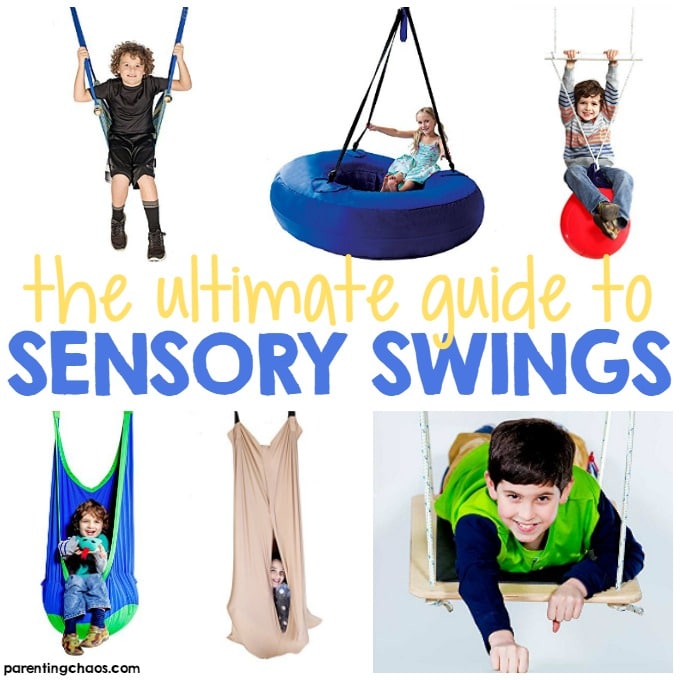Some Known Details About SENSORY HOMEWARES
Table of ContentsThe Definitive Guide for sensory storeThe Ultimate Guide To fidgetsAbout educational supplies
Signs of oral-motor and also oral-sensory issues Signs and symptoms of a motor problem could include: Postponed advance of structures since the youngster can't literally take care of eating solid foods Slow or inefficient chewing Food left in the mouth Food falling from the mouth Gagging Coughing or choking Low intake of food (the kid may not consume enough calories because it takes so lengthy to eat) Delayed breakthrough of other feeding turning points (such as transitioning to a routine open mug from a sippy cup) Symptoms of a sensory issue might consist of: Gagging Rejection to consume Crying during meal times Vomiting Postponed eating turning points (the youngster may have the ability to endure fluids and purees yet have difficulty with chewable foods, or vice versa) Unusual taste choices (such as salsa on eggs) Food falling from the mouth Risk of developing this condition Children who were birthed extremely early; who have GI, respiratory system or neurological problems; or who have hereditary syndromes might be more probable to create oral-motor and/or oral-sensory issues.Youngsters with oral-motor problems may have trouble swallowing securely and might be in jeopardy for ambition and choking. Diagnosis and assessment of oral-motor and also oral-sensory troubles An extensive case history is vital: It's crucial for your child's clinical group to understand how feeding has actually gone since birth to recognize where the problem began.
If there's a behavioral component to your youngster's feeding concern, the therapy plan could consist of cognitive actions treatment. Whatever method we take, our objective is to ensure your youngster can consume securely and successfully - informative post. After treatment Treatment length relies on the problem as well as your child's age as well as skill degree.

The Of NDIS supplier
What is sensory processing disorder? Sensory processing disorder is an inequality in between the sensory stimuli of the environment as well as the mind's response to that stimulations - special needs homewares. A child with sensory processing disorder might have a difficult time processing and acting on the details they obtain from their detects, resulting in obstacles with daily tasks.
Sensory processing problem symptoms differ considerably. Various other signs that may indicate sensory handling disorder include: Severe state of mind swings, Clumsiness, Need for continuous motion, Over or under-sensitive to outside stimulations, Sensitive to loud sounds, The youngster is extreme, demanding, or difficult to calm, Difficulty falling asleep, Difficulty focusing, Slow to find out new abilities, Sensory processing condition might affect one of the senses (touch, sight, audio) or numerous senses, and also the symptoms they cause are persistent and impact daily life.

To find out more regarding treatment at Solaris Pediatric Treatment, call the workplace or demand a visit online today.
The 2-Minute Rule for educational supplies
A couple of youngsters are touchy-feely to the extreme and also these children may have sensory handling problems. Difficulty handling specific sensations is the hallmark of sensory handling issues, as well as it can disclose itself in several methods, such as a marching band going by (audio) or shirt's scratchy tag (touch).
What are sensory processing problems? Sensory handling refers to the way in which a child replies to what he really feels, tastes, scents, sees or listens to (special needs resources). Examples of sensory issues consist of not having the ability to stand specific structures versus one's skin, getting upset when a siren screams by or avoiding hugs (this hyperlink).
On the opposite end of the range are children that have an under-sensitivity, or the hyposensitive tyoe of sensory concerns (Sensory toys). These youngsters are unusually uncaring to feelings and some might appear to be deprived for stimulation, regularly requiring to touch, smell as well as taste well outside the world of appropriate or normal expedition.
Below's a sampling of some indications to try to find: May hate being touched (if they're extremely delicate) or seem incapable to withstand touching everything (if they're under-sensitive)May find it intolerable to wear clothes with tags or rough fabrics if they're extremely conscious touch, or appear insensitive to pain, severe warm or cold due to an under-sensitivity to stimuli, May rotate around frequently or have trouble balancing, Can be flustered and overstimulated by loud noises and also bright lights, May show severe food aversions (beyond despising broccoli)May be excessively worried of swings as well as other play ground apparatus May be deeply disrupted by dust on their hands or faces, Can require too much aid to sleep (believe hours of rocking and unique sound devices)Constantly head knocking, May have problem being mild with animals, May frequently touch things and also people, or not understand personal space when other kids do, May have a really high resistance for pain, May act very fidgety or be incapable to rest still, May hunger for why not try this out quick spinning, tough hugs, or love being thrown in the air or getting on furnishings, What creates sensory handling concerns in children? While the precise causes are unidentified, it's assumed that a combination of genetic as well as environmental aspects might contribute to sensory handling issues.